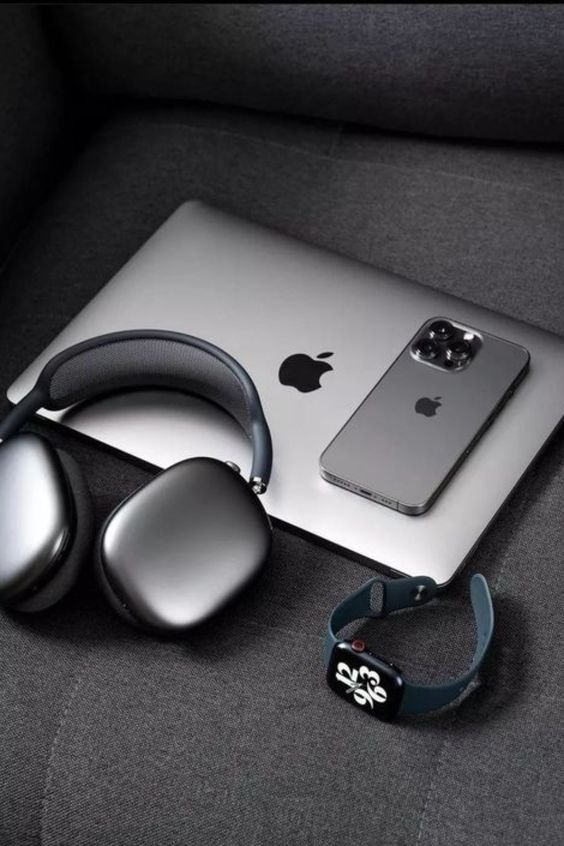
In an increasingly connected world, mobile devices have become integral to our daily lives, serving as portals for communication, work, banking, shopping, and more. However, this convenience comes with a heightened risk of cyber threats, such as malware, phishing, data breaches, and identity theft. To protect your personal information and ensure your online activities remain secure, it’s essential to use reliable cybersecurity apps. This article highlights the top 10 mobile apps for cybersecurity that offer robust protection against various threats, helping you safeguard your sensitive data and maintain your privacy.
1. Bitdefender Mobile Security
- Platforms: Android, iOS
- Key Features: Real-time malware detection, anti-phishing, web protection, VPN, account privacy
Bitdefender Mobile Security is a comprehensive cybersecurity app offering robust protection against malware, phishing, and other online threats. The app provides real-time malware scanning, web protection to block malicious websites, and anti-phishing tools to safeguard your sensitive information. It also includes a VPN for secure browsing and an account privacy feature that checks if your email accounts have been leaked in data breaches.
2. Norton Mobile Security
- Platforms: Android, iOS
- Key Features: Malware protection, Wi-Fi security, web protection, anti-theft, dark web monitoring
Norton Mobile Security provides top-notch protection against malware, spyware, and other cyber threats. The app includes Wi-Fi security to detect unsecured networks, web protection to block harmful sites, and dark web monitoring to alert you if your personal information is found on the dark web. Additionally, the app features anti-theft tools like remote locking, wiping, and locating your device if it gets lost or stolen.
3. McAfee Mobile Security
- Platforms: Android, iOS
- Key Features: Anti-malware, VPN, secure Wi-Fi, anti-theft, app privacy, performance optimization
McAfee Mobile Security offers comprehensive protection against various cybersecurity threats, including malware, phishing, and unsecured networks. The app includes a secure VPN for private browsing, anti-theft features, and performance optimization tools to improve your device’s speed and battery life. McAfee also provides app privacy protection by scanning and monitoring the apps installed on your device for suspicious behavior.
4. Avast Mobile Security
- Platforms: Android, iOS
- Key Features: Antivirus, malware protection, anti-theft, app lock, VPN, photo vault
Avast Mobile Security is a popular cybersecurity app that offers a range of features to protect your device and data. It includes antivirus and malware protection, anti-theft tools, and a VPN for secure browsing. The app lock feature allows you to protect specific apps with a PIN or biometric authentication, while the photo vault securely stores your private photos and files.
5. Kaspersky Mobile Security
- Platforms: Android, iOS
- Key Features: Real-time antivirus, web protection, app lock, anti-theft, call and text filter
Kaspersky Mobile Security is a trusted cybersecurity app known for its powerful antivirus and anti-malware capabilities. The app offers real-time protection against various online threats, web protection to block malicious websites, and an app lock to secure sensitive apps with a passcode. It also includes anti-theft features and a call and text filter to block unwanted contacts.
6. LastPass Password Manager
- Platforms: Android, iOS
- Key Features: Password storage, autofill, secure notes, biometric login, two-factor authentication
LastPass is a highly rated password manager that securely stores your passwords, credit card details, and other sensitive information in an encrypted vault. The app features an autofill function for quick logins, secure notes to store private data, and biometric login for added security. LastPass also supports two-factor authentication (2FA) for an extra layer of protection.
7. ExpressVPN
- Platforms: Android, iOS
- Key Features: High-speed VPN, no-logs policy, AES-256 encryption, split tunneling, kill switch
ExpressVPN is one of the leading VPN apps, providing secure and private internet access with high-speed servers in over 90 countries. The app uses AES-256 encryption to protect your data from hackers, ISPs, and other prying eyes. It also features split tunneling, a kill switch, and a strict no-logs policy to ensure your online activities remain confidential.
8. ProtonMail
- Platforms: Android, iOS
- Key Features: End-to-end encrypted email, secure attachments, self-destructing messages, no ads
ProtonMail is an end-to-end encrypted email service that protects your communications from interception and unauthorized access. The app features secure attachments, self-destructing messages, and no ads, ensuring your emails remain private and secure. ProtonMail is based in Switzerland, a country known for its strong privacy laws, and is open-source, providing transparency and security.
9. Lookout Mobile Security
- Platforms: Android, iOS
- Key Features: Antivirus, malware protection, theft alerts, identity theft protection, Wi-Fi security
Lookout Mobile Security offers comprehensive protection against malware, phishing, and other cyber threats. The app provides theft alerts to help locate your device, Wi-Fi security to detect unsecured networks, and identity theft protection, including breach alerts and lost wallet recovery assistance. Lookout also includes antivirus and anti-malware protection to keep your device secure.
10. 1Password Password Manager
- Platforms: Android, iOS
- Key Features: Password storage, secure vault, two-factor authentication, secure notes, biometric login
1Password is another popular password manager that helps you store and manage your passwords securely. The app features a secure vault for your login credentials, credit card information, and other sensitive data. It supports two-factor authentication (2FA), secure notes, and biometric login for added security. With 1Password, you can generate strong, unique passwords and keep your accounts safe from cyber threats.
Conclusion
The rise of cyber threats makes it crucial to take proactive steps to protect your mobile devices and personal information. The apps listed above offer a range of features to safeguard against various threats, such as malware, phishing, data breaches, and identity theft. By choosing the right combination of cybersecurity apps, you can ensure that your mobile device remains secure, your data stays private, and your online activities are protected.







